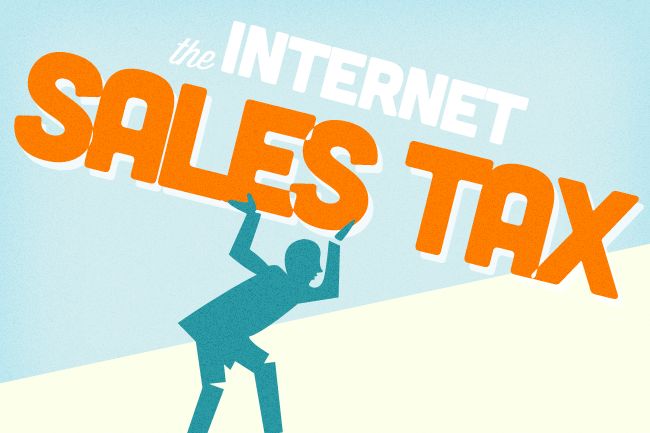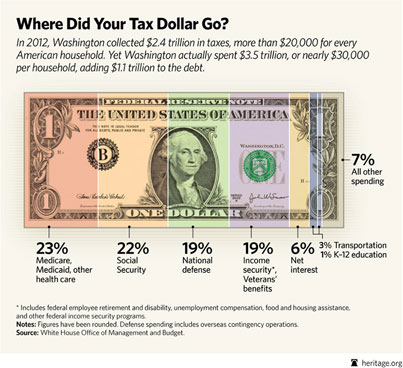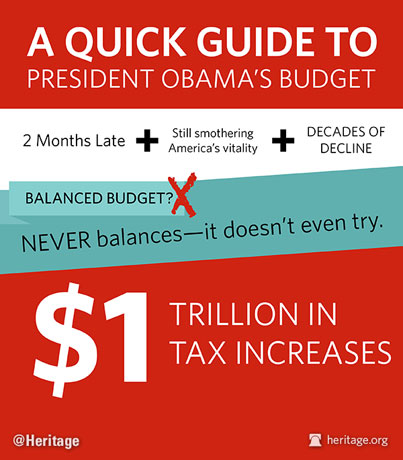Florida’s Internet sales tax
According to NOLO, the online legal encyclopedia, “The Internet takes tax-free shopping to a new level. In fact, no-tax shopping has become a prime lure of online retailers looking to hook consumers on click-and-charge buying. Despite what you sometimes hear, however, some Internet sales are subject to sales tax, and even when a site doesn’t collect sales tax, consumers are technically responsible for remitting any unpaid sales tax on online purchases directly to their state.”
For information on the Internet sales tax laws for each state, see NOLO’s Internet Sales Tax: A 50-State Guide to State Laws.
NOLO states, “The current default rule throughout the United States is that you must collect sales tax on Internet sales to customers in those states where your business has a “physical presence.” The physical-presence rule is based on a 1992 United States Supreme Court decision, Quill Corp. v. North Dakota, that addressed the obligations of mail-order businesses to collect sales tax on out-of-state sales. The decision has been extended to include online retailers.”
NOLO reports in its column “Florida Internet Sales Tax“, “A more specific statement of what counts as physical presence under Florida law can be found among the various definitions of “dealer” (meaning a person or entity required to pay sales tax) in Section 212.06 of Florida’s sales and use tax law. More particularly, a ‘dealer’ under this law includes ‘any person . . . who maintains or has within [Florida], directly or by a subsidiary, an office, distributing house, salesroom, or house, warehouse, or other place of business’.”
Senator Nancy Detert, Florida District 28, introduced SB 0316: Taxes. SB 0316 states:
Taxes; Reducing the tax rate applied to the sale of communications services; reducing the tax rate applied to retail sales of direct-to-home satellite services; revising the term “mail order sale” to specifically include sales of tangible personal property ordered through the Internet; providing that certain persons who make mail order sales and who have a nexus with this state are subject to this state’s power to levy and collect the sales and use tax when they engage in certain enumerated activities, etc.
NOLO notes that in 2012:
“The Florida legislature recently considered amending the state’s legal definition of a mail-order sale so that Internet “dealers” who do not have a physical presence in the state would nonetheless have to pay Florida sales tax. Laws of this sort have been considered in various forms in various states. They are sometimes referred to as “Amazon laws.”
[ … ]
More particularly, earlier this year the Florida legislature considered amending the state’s sales and use tax law to require out-of-state “dealers” without a physical presence in Florida, but with so-called “click-through” arrangements with persons in Florida, to nonetheless collect sales tax. Such a dealer would need to collect sales tax from Florida customers if that dealer:
- had an agreement with one or more Florida residents to direct potential buyers to the dealer via a website link
- compensated the Florida residents for directing potential buyers to the online dealer, and
- the dealer’s “cumulative gross receipts” from such directed sales to Florida customers exceeded $10,000 within the preceding 12 months
However, the proposed legislation was never enacted. It remains unclear whether similar legislation will be re-introduced in the future.
We know that Senator Detert did introduce this legislation during the 2013 session.
Final Words from NOLO:
The issue of whether to require online retailers to collect sales tax in a state where they have no physical presence has been a matter of ongoing debate. At this time, however, Florida has not enacted any law that would require such retailers to collect sales tax from Florida customers.
In Florida, the physical-presence rule continues to apply for Internet retailers. However, because the issue remains contentious, you should consider checking in periodically with the Florida Department of Revenue to see if the rules have changed. Also, for more general information on taxes on Internet sales, see Nolo’s article Sales Tax on the Internet.







